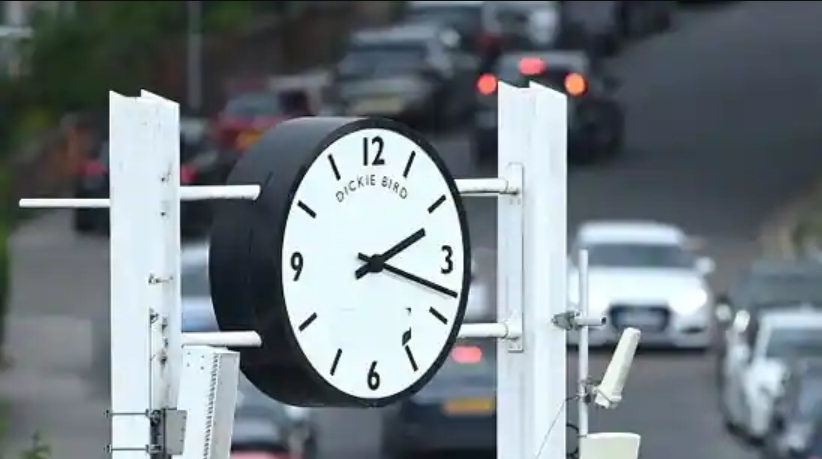
The International Cricket Council (ICC) has introduced the stop clock rule to inject more discipline into the game. The rule will come into effect from the T20I series between England and the West Indies that kicks off on Wednesday, December 13 in Barbados.
Instances of matches going over time have increased in International cricket. An ODI match usually takes anywhere between eight to eight and a half hours to complete. Meanwhile, a T20 match will take a maximum of 4 and a half hours. The ICC has brought in several rules, such as penalties for slow overrate, however, they haven’t been very effective. The stop-clock rule will help to ensure that the match is completed within the time limit, reducing the scope of time-wasting tactics. It will be used on a trial basis during Full Member Men’s ODIs and T20Is from December 2023 to April 2024. It will be applied to around 59 international fixtures during this period.
What is the stop-clock rule?
According to the stop-clock rule, the bowling team will have a 60-second countdown after the completion of each over to begin the new over. The clock will be activated between the overs and will be displayed on the big screen. The fielding team has to start the new over before 60 seconds. If they fail to comply with the rule, they will be given a maximum of two warnings. In the third offence, they will be charged a five-run penalty.
Exceptions
There are also a few exceptions to the rule, which include a new batter taking position at the crease, or when a drinks interval is in progress. Also in case of an injury to a batter, bowler, or fielder – the officials will grant permission for treatment. There is also an exception if the time lost is due to circumstances beyond the control of the fielding side, such as the ball getting lost or the bats breaking.
The official will also refrain from activating the clock in case a DRS is taken. In case of batting team intentionally delays time, the on-field umpires possess the authority to make a judgment call based on their discretion.
Get the latest cricket news here, like us on Facebook, and follow us on Twitter and Instagram for more such updates.













